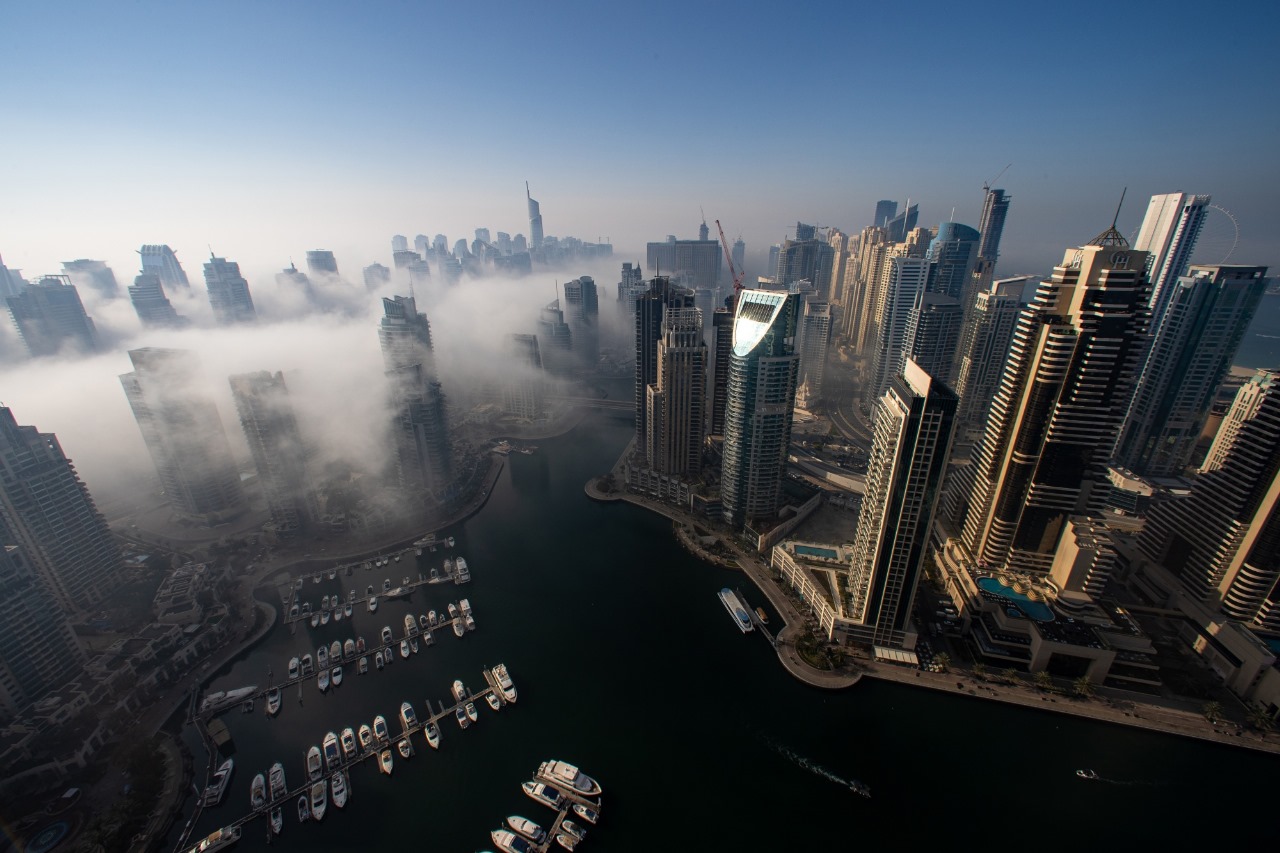
The Federal Reserve is attempting to stabilize the plunging market by lowering interest rates, but this could cause inflation to surge again.
Here’s a quick overview: When COVID-19 hit, the Fed reduced interest rates to nearly zero. This encouraged companies and individuals to borrow at low costs, creating a surge in demand that led to significant inflation.
To combat inflation, the Fed needs to reduce demand by making people buy less, which would lower prices and reduce inflation. However, increasing interest rates has resulted in less borrowing, lower stock and product prices, and slowed economic growth.
This, in turn, leads to job losses and fewer new job opportunities, potentially triggering a recession. This economic roller coaster has been ongoing since COVID-19, but its roots extend decades back to when the gold standard was abandoned, and the dollar was no longer backed by gold. Recent events have accelerated these issues.
Now, you're probably asking, what will happen next or what is the solution? Well, there is no solution. The Fed will likely continue to oscillate between trying to save the market from recession on one side and controlling inflation on the other. Ultimately, one of these two sides will have to bust.
If inflation collapses, the value of money will plummet, making those with healthy assets rather than cash the ultimate winners. Conversely, if a recession is triggered, those with cash rather than assets will come out on top.
So, what should you do on a personal level? The solution is to invest in assets that you can afford to risk in a worst-case scenario. Ensure your investments are easy to understand and navigate, with real estate being a prime example.
Consider the Dubai real estate market. Dubai is integral to the global economy and faces challenges from the overall market. Unlike other mature global markets, Dubai is less reliant on mortgages and has a higher level of adaptability in turning challenges into opportunities. Dubai has become a critical global hub where major powers have significant investments, ensuring its continued prosperity is in everyone's best interest. Investing in Dubai could be a strategic move to safeguard your wealth amidst the economic turbulence.
My advice is to work hard and gain more experience than others to secure your job even during a recession. To protect your wealth, ensure you are diversified. Ideally, 75 to 80% of your wealth should be in low-risk investments such as real estate, gold, and, most importantly, your own business.
Secure your future with Dubai real estate, visit fäm Properties.